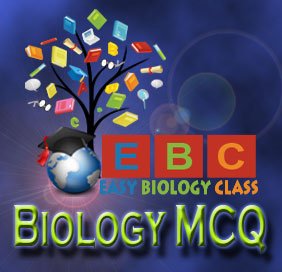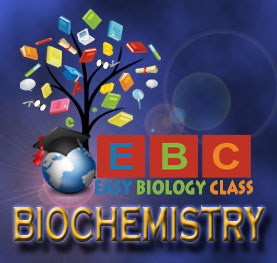Biochemistry MCQ-03: This is the part-3 of the MCQ seriess on Carbohydrates. Here you can get information about some of the rare and unique carbohydrates and their occurence and functions. You may also like: MCQ on Carbohydrates Part-1 | Part-2 | 1. Which of the following is an example for […]
Continue ReadingCategory Archives: Biochemistry
easybiologyclass tutorials in biochemistry
MCQ on Carbohydrates Part-2
Biochemistry MCQ-2: A carbohydrate is a biomolecule consisting of carbon (C), hydrogen (H) and oxygen (O) atoms, with the empirical formula C(H2O)n. This is the Part-2 of the MCQ series on Carbohydrates. You may also like: MCQ on Carbohydrates Part-1 | Part-3 | 1. The vitreous humor of eye is […]
Continue ReadingMCQ on Carbohydrates Part-1
Biochemistry MCQ-01: Carbohydrates, one of the most essential classes of biomolecules, are critical for providing energy, building cell structures, and storing information. Understanding the properties and functions of carbohydrates is therefore essential for any student of biochemistry. The present a set of MCQ on Carbohydrates is designed to challenge and […]
Continue ReadingBiochemistry of Plasma Membrane Lipids: Properties, Structure and Classification (Biochemistry Lecture Notes)
“Good fences make good neighbors” Robert Frost, “Mending Wall”, 1914 Biological membrane system: Biological membranes are highly dynamic two layers thick sheath like structures formed by the non-covalent assemblage of lipids, proteins and carbohydrates. They form closed boundaries between different compartments of the cells such as separation of nucleoplasm from the […]
Continue ReadingWhy the pH of water is 7?
What is pH? ⊗. pH is defined as the negative logarithm of hydrogen ion concentration in a medium. ⊗. For example, if you are saying a solution with pH 6.5, it means that the concentration of H+ ions in that solution expressed in negative logarithmic term is 6.5. ⊗. pH […]
Continue Reading

